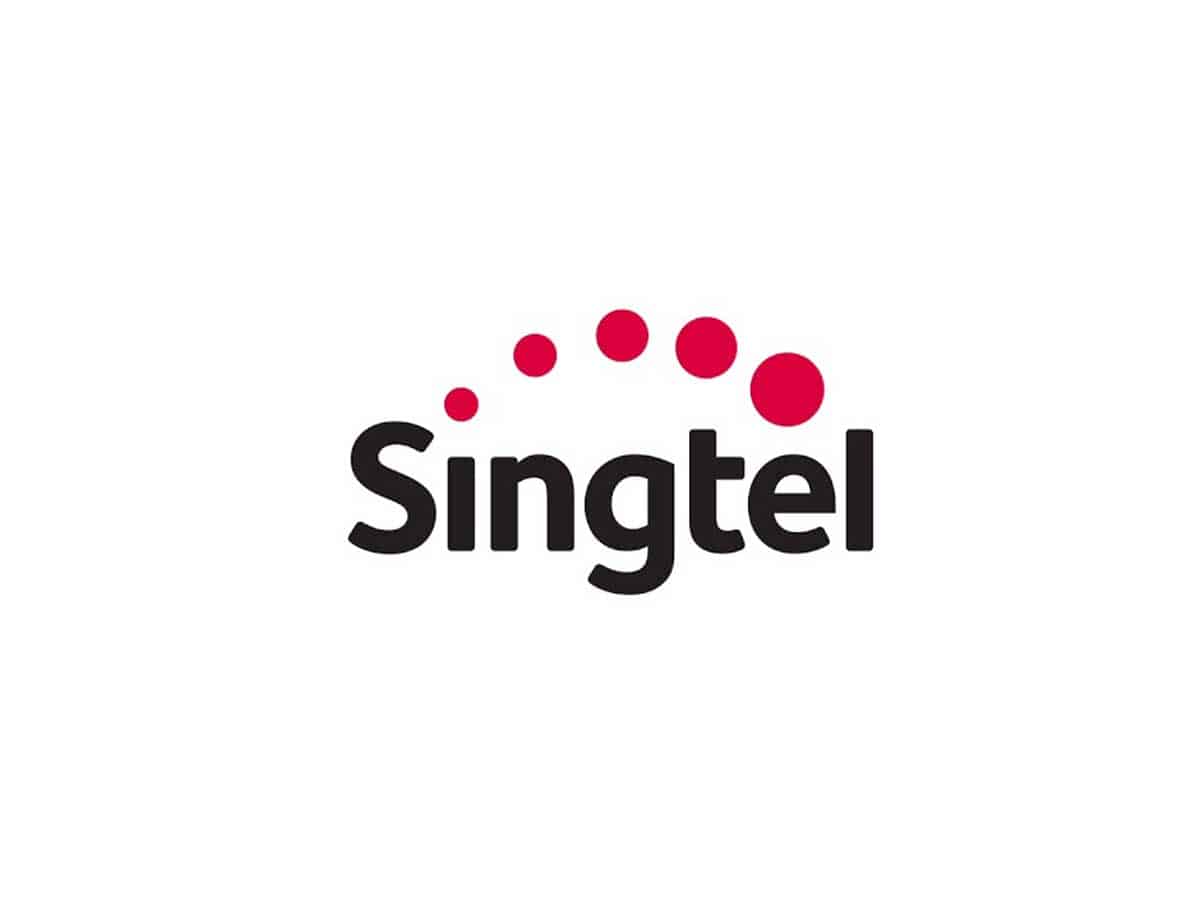Singapore: Singapore Telecommunications (Singtel) reported a net profit of SGD 466 million (USD 345 million) for the half-year that ended 30 September 2020 with help from the11 percent rise in pre-tax profits from regional associates including Bharti Airtel (Airtel).
Airtel had earlier reported its highest ever consolidated quarterly revenue of INR 25,785 crore (USD 3.46 billion), up 22 percent year on year, with mobile ARPU (average revenue per user) rising from INR 128 to INR 162 in Q2. Profit before tax was INR 567 crore (USD 76.1 million) for Q2 2020 versus a loss of INR 623 crore (USD 86.3 million) in Q2 2019.
Net income for the quarter improved from a net loss of INR 23,045 crore (USD 3.09 billion) in 2019 to an INR 763 crore (USD 102 million) loss for 2020.
“Airtel’s losses narrowed with robust revenue growth in India, boosted by strong 4G net adds and customers upgrading to 4G services as it used its network advantage to gain high-value customers,” Singtel stated in its quarterly results news release on November 12.
“Its African operations also recorded strong operating momentum with sustained growth across voice, data and Airtel Money by leveraging its increased rural distribution and wider network coverage to support customers through the pandemic.”
Last year, Singtel took on an SGD 1.93 billion (USD 1.43 billion) exceptional provision on Airtel due to the (Indian) Supreme Court ruling on licence fees and spectrum usage charges on “adjusted gross revenue” (AGR) which had an SGD 5.49 billion impact on Airtel. Singtel has an approximately 35 percent effective stake in Airtel.
For the Singtel Group, operating revenue fell 10 percent to SGD7.43 billion (USD 5.50 billion) with underlying net profit shrinking 36 percent to SGD 837 million. Pre-tax profits of regional associates, including Airtel, increased 11 percent to SGD 833 million (USD 617 million).
Singtel said in its press statement that its performance for the first half of the year reflected weakness in their Australia fixed-line business amid structural challenges in the industry, the impact from COVID-19 and soft economic conditions.
Operating revenue was impacted by lower equipment sales, roaming and prepaid mobile revenue. EBITDA was SGD 1.90 billion, down 19 percent with lower NBN (National Broadband Network) migration revenue, margin pressure from NBN resale in Australia as well as lower equipment margin and roaming services.
The statement added: “Excluding exceptional items, underlying net profit declined 36 percent. With lower exceptional losses, primarily due to significant regulatory losses from Airtel’s provision for the adjusted gross revenue matter, the Group recorded a net profit of SGD 466 million for the first half compared to a net loss (of SGD 127 million)in the last corresponding period.”
“The impact of COVID-19 was felt across the Group with significant reductions in roaming and prepaid revenues and weaker customer spend,” said outgoing Singtel Group CEO, Chua Sock Koong.”However, ICT was the bright spot with strong growth from NCS and our cloud and cybersecurity services in the Asia-Pacific as more enterprises adopted and accelerated digitalisation.
While the challenging operating environment is expected to continue as uncertainties from the pandemic persist, we are seeing encouraging signs of modest recovery across our businesses with sequential-quarter revenue growth of 10 percent in the second quarter, as lockdown measures ease and customer spending returns.”
It was announced on October 1 that Ms Chua will retire, and effective January 1, 2021, will be replaced by Singtel veteran, Yuen Kuan Moon. Yuen is the current head of Singtel’s Singapore Consumer Business and the Chief Digital Officer.
Aside from Airtel, performance of regional associates faced challenges. Telkomsel (Indonesia) continued to encounter competitive pricing pressure and saw declines in its legacy business although this was mitigated by cost controls. AIS (Thailand) and Globe’s (Philippines) performances were affected reduction in business and consumer spending and reduced roaming due to COVID-19. AIS also recorded higher depreciation from increased network investment and amortisation of the 5G spectrum.
“While COVID-19 cast a shadow over most of our regional associates, Airtel executed strongly in India and Africa, and we expect its strong operating momentum to keep driving its recovery,” added Chua. “Across the Group, digitalisation remains central as we move customers to our digital channels and platforms and transform our operating model and processes. We are also making significant investments in 5G and building capabilities, which will serve to create new revenue streams and deliver returns in the mid to long term.”
The Board has approved an interim dividend at 5.1 cents per share for the half-year ended 30
September 2020, totalling SGD 833 million which represents approximately 100 percent of Singtel’s underlying net profit for the period. The Board also approved the adoption of a scrip dividend scheme and the application of this scheme to the interim dividend.
Earnings per share stood at 2.86 Singapore cents for the quarter, from a loss per share of 0.78 cents the year before.
Singtel did not provide guidance on the business outlook owing to the uncertain economic environment. The company however told shareholders that dividends from the regional associates will be approximately SGD 1.3 billion (USD 960 million) and that the Group’s capital expenditure including for 5G networks, will be around SGD 2.2 billion, comprising AUD 1.5 billion (USD 1.09 billion) for Optus and SGD 700 million for the rest of the Group.
After trading at an almost historic intraday low of SGD 2.00 on November 2 before the results were released, the share price of Singtel recovered to close at SGD2.30 on November 13.

